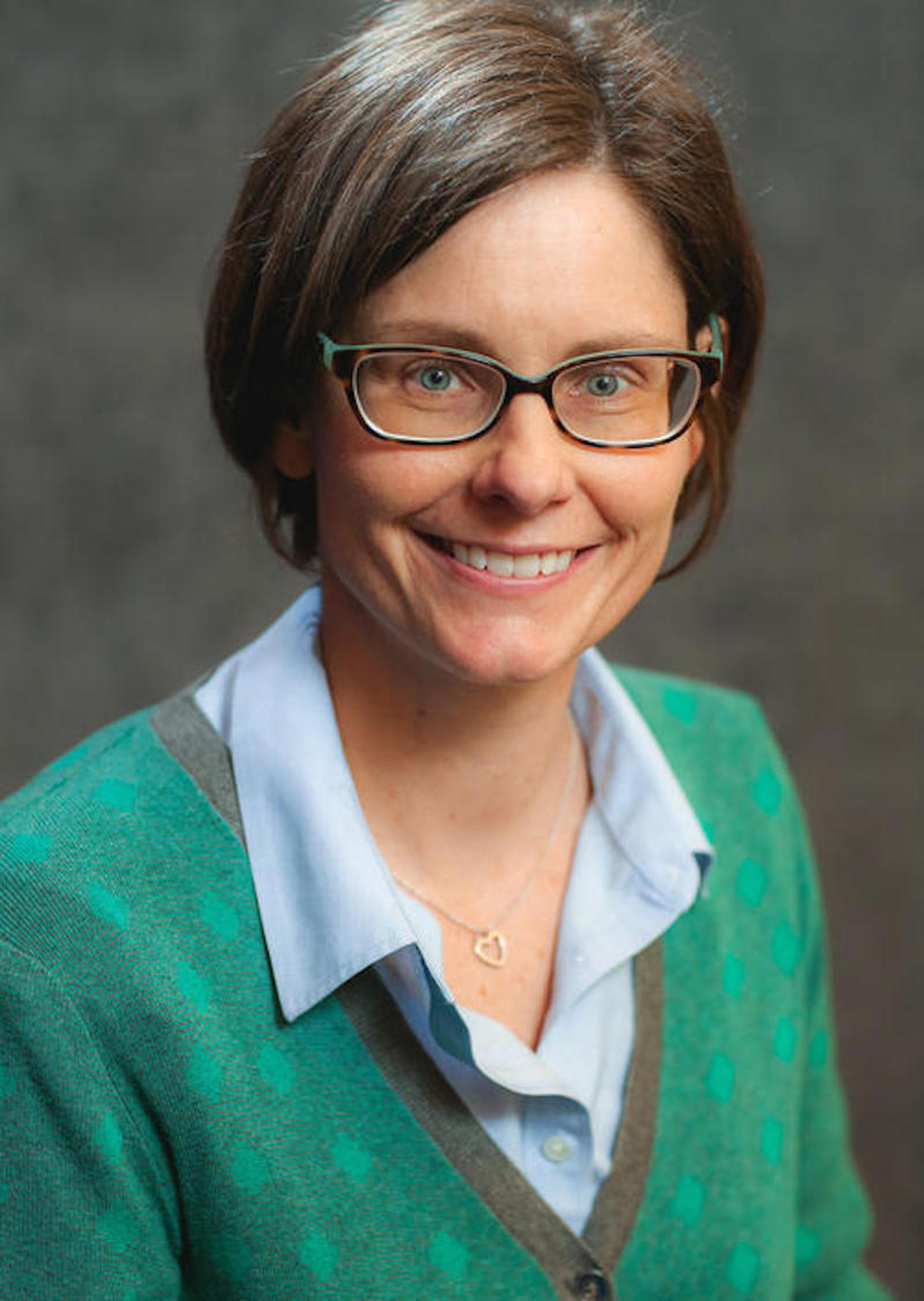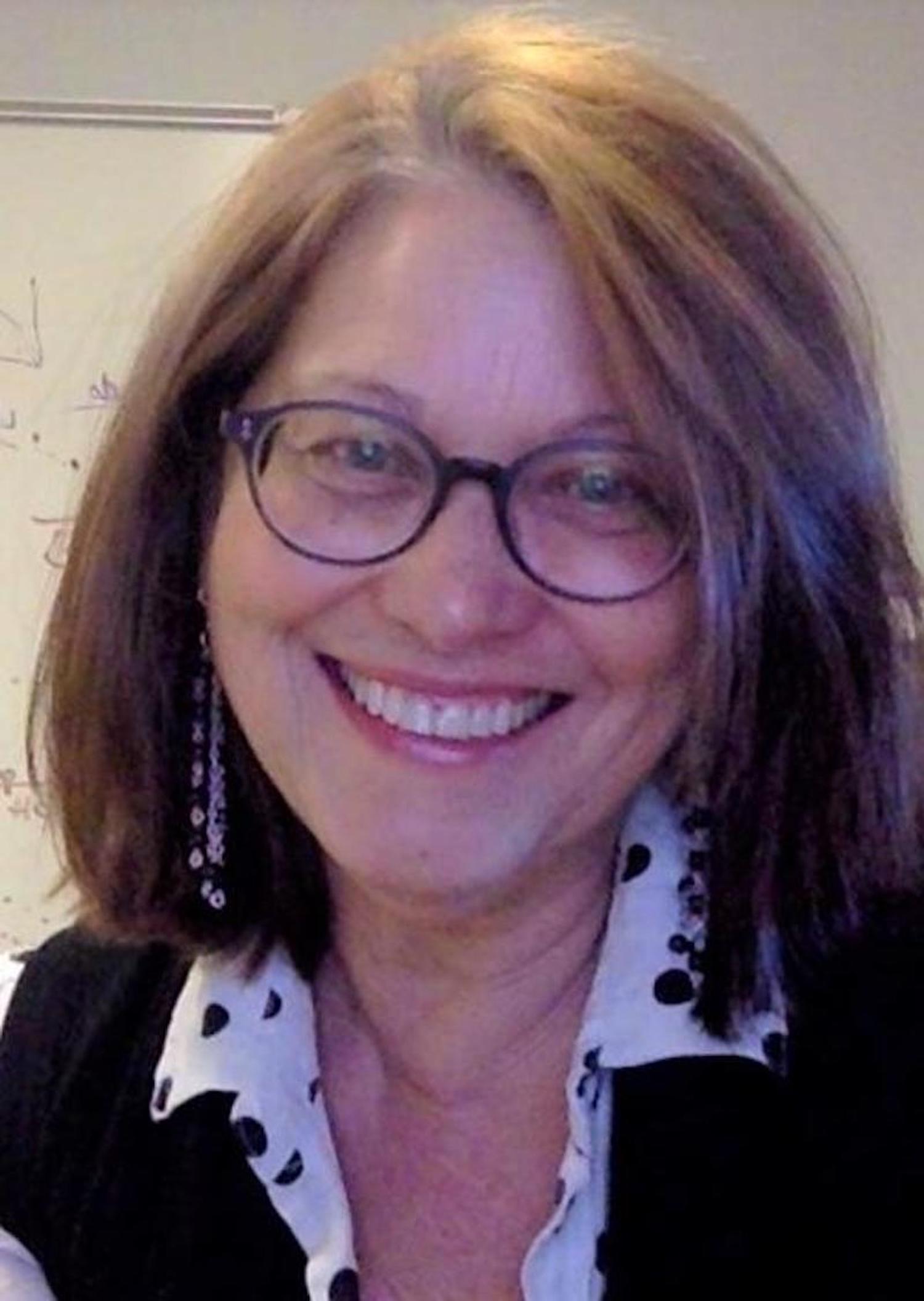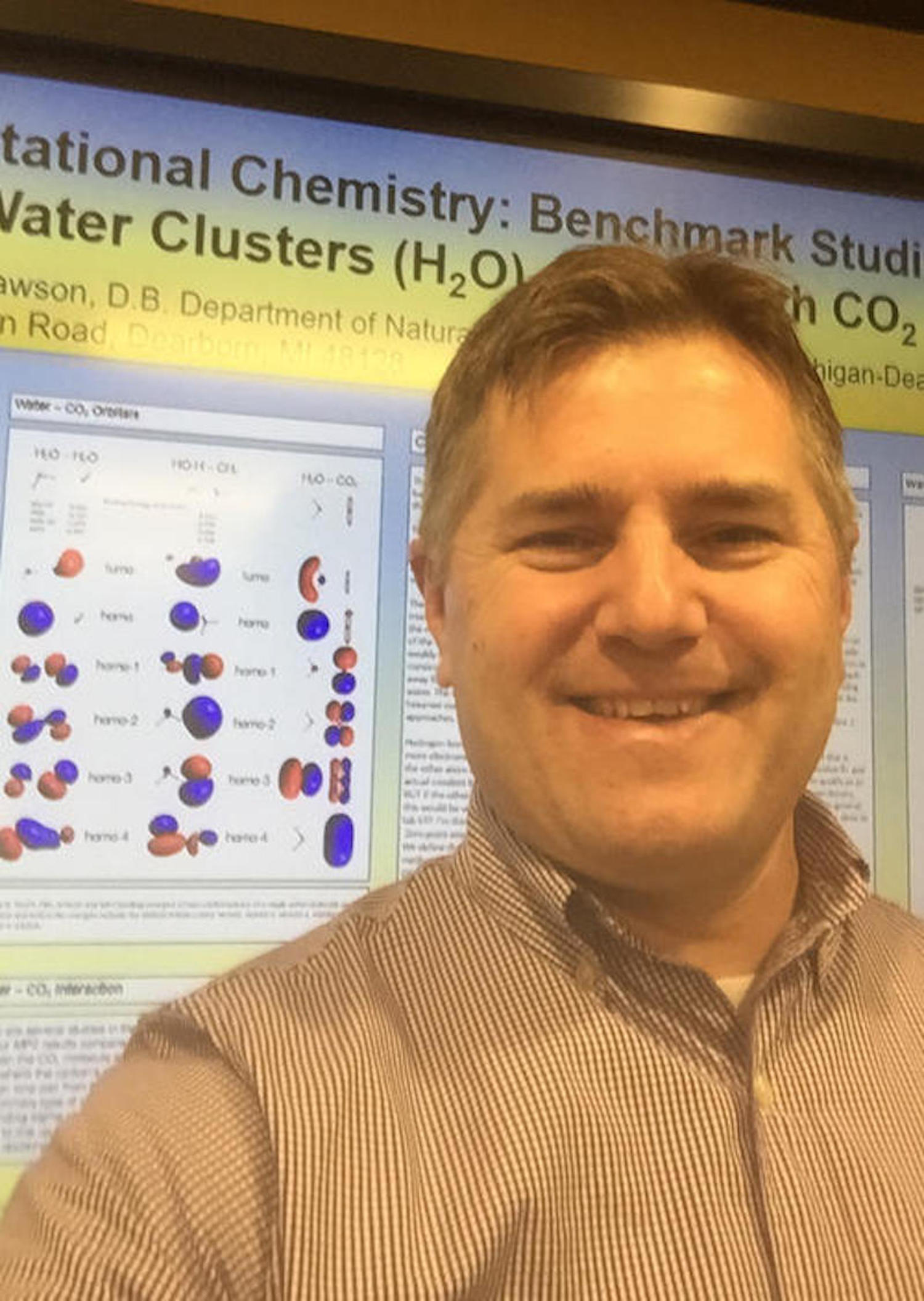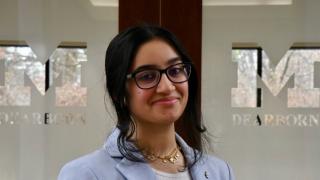Lawson said STEM education is important in all aspects of life and looks forward to welcoming the first class of STEM Scholars. Program applications will be available online in December.
“What part of today’s society doesn’t deal with STEM? It’s the basis of all modern technology and culture. No matter what you do, math and science will be a part of it,” he said. “The more opportunities we can give so that these fields accurately represent all people — not just those who can afford specialized education — the better off we will all be.”
Since most of UM-Dearborn’s students remain in the area following graduation, focusing efforts on engaging these students may lead to greater contributions to Michigan’s much-needed STEM workforce. While many local jobs are centered around the auto industry, there are also opportunities in manufacturing, computing, data analysis and health-related fields.
Will having additional flexibility and built-in resources make a difference for campus’ students? The STEM Scholars project team thinks so — and they plan to prove it. At the end of each year during the six-year NSF grant’s funding, they will report to the foundation on how the new practices are impacting student success.
Remski said the gap in educational attainment among students with resources and those without is not just a UM-Dearborn problem — it’s a universal one.
Remski, Benore and Lawson hope by tailoring high-impact practices to a commuter campus that serves many first-generation and underrepresented students, there’s discovery of effective retention methods that other institutions can implement. The Center for Education Design, Evaluation, and Research (CEDER) at the University of Michigan School of Education will serve as the external evaluator on the project.
“We will measure the impact of these activities in terms of their ability to increase student participation, as well as evaluate the effectiveness,” Remski said. “Hopefully, if the practices show they are effective, more resources can be allocated to closing the retention and graduation rate gap that we are currently seeing. I’m excited to learn what makes the most difference for our students.”
In the short-term, they’ll tackle the first-year retention rate gap seen between Pell-eligible and non Pell eligible students. Their goal is to see an 85% retention among the STEM Scholars. The long term plan? To close the graduation gap and have UM-Dearborn Wolverines in low-income situations enter professionally fulfilling STEM careers that create economic stability for themselves and their families.
“We know our students are hard workers. We know they are talented. We know they want the best for their families. And they want educational opportunities, but sometimes life gets in the way,” Benore said. “We want to see them succeed and you get results by staying student centered. And that’s exactly what this plan is.”
Article by Sarah Tuxbury. If you are a member of the news media and would like to learn more about the STEM Scholars program, please drop us a line at [email protected].






